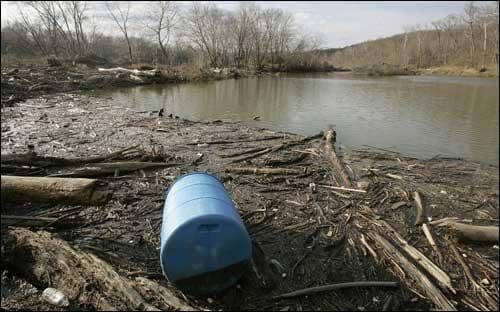Advertisement
Chemicals in Our Bodies
Resume
Joining us from Amherst, Mass., is R. Thomas Zoeller, professor and chair of biology at the University of Massachusetts, Amherst. He is one of the authors a 50-page scientific statement by the Endocrine Society, "Endocrine-Disrupting Chemicals," which was cited by New York Times columnist Nicholas Kristof in his column for Sunday, June 28. (Also see Kristof's followup blog post on the topic.)
Joining us from Washington is Lynn Goldman, a pediatrician and epidemiologist. She is a professor in the Department of Environmental Health Sciences and in the Department of Health Policy and Management at the Johns Hopkins Bloomberg School of Public Health. In 1993 she was appointed by President Clinton to serve as Assistant Administrator for the EPA's Office of Prevention, Pesticides and Toxic Substances, where she served for five years.
This program aired on July 6, 2009.